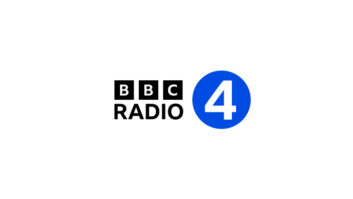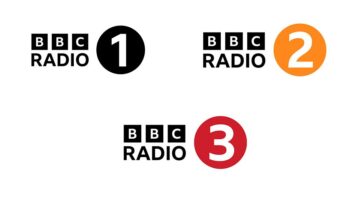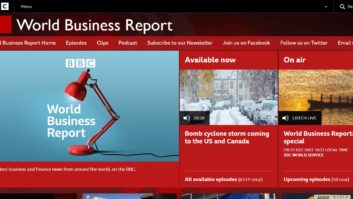LONDON � In this age of internet censorship, is it possible that shortwave could be making somewhat of a comeback? The reality is that it has remained important in certain parts of the world all along.
The BBC World Service, available on radio, TV and online is part of one of the largest news organization in the world, the BBC. The weekly reach of the World Service on all platforms is 269 million (up from 246 million in 2015/16). However, large numbers of the BBC�s audience still need international radio broadcasts, delivered by shortwave. Audiences remain high � last year the World Service radio audience was 154.5 million. The largest short wave markets are West Africa, Central Africa and across South and South East Asia. Mediumwave is still of importance in the Arabic speaking world and West Asia.
Digital Radio Mondiale was fully supported and enhanced by the BBC World Service, and has been seen as an efficient replacement for the analog AM transmissions. �When we consider scarcity of spectrum for new uses and appreciate the characteristics of the radio broadcast bands we recognize the tremendous properties these continue to offer broadcasters to deliver programs over sometimes very large distances and areas or in difficult terrain,� writes Nigel Fry, head of distribution for BBC World Service, on drm.org. �Digitizing these bands with a system such as DRM offers many more benefits to the audience and broadcaster.�
�Unlike analog, DRM allows one frequency to be used repeatedly for the same service over a large area (a single frequency network), making more efficient use of the spectrum. DRM can transform the quality of the services on the AM bands to be clear and free of any of the interference and distortion,� Fry writes. �DRM provides text information and images, to complement programs offering thus an enhanced experience to the listener.� Referring to the shortwave bands, Fry writes: �these bands remain key for international broadcasting delivering services without constraints of local �gatekeepers,� in our case allowing millions of people access to BBC News content free of charge.�
The BBC wants to use DRM to deliver, to key markets, BBC content � free of gatekeepers � in a form that can be easily accessed.�
�











